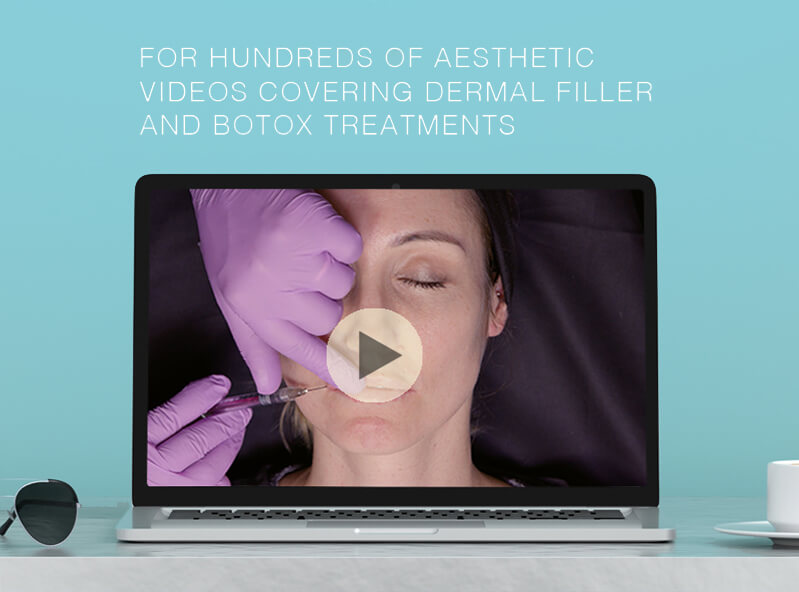With less regulation as to who can perform dermal filler treatments than Botox treatments, it is imperative that the correct people, with the right level of knowledge, are the sole providers of these medical procedures.
Medical Aesthetic Education
As administering dermal injections is a core part of medical training, those who are medically trained have an in-depth understanding of complex anatomy and skin structure, as well as reducing risks and complications that may arise.
 Medical professionals are also better equipped to assess indications and contraindications, and potential benefits and side effects. Responding to complications is a core skill that any practitioner needs, and without the knowledge to be able to react to these situations, an aesthetician cannot run a safe dermal filler practice.
Medical professionals are also better equipped to assess indications and contraindications, and potential benefits and side effects. Responding to complications is a core skill that any practitioner needs, and without the knowledge to be able to react to these situations, an aesthetician cannot run a safe dermal filler practice.
Aesthetic Training For Non Medics
While it is, again, completely legal for beauty therapists and similar to attend training courses, some will only allow medical professionals to train. In the case that a non medic is permitted to attend dermal filler courses, there is, of course, the dilemma of employability.
Many medispas and clinics won’t employ practitioners who don’t have sufficient medical qualifications, meaning that it can often be a fruitless endeavour to pay for training that cannot be used within a reputable setting.
Aesthetic Insurance
Every practitioner – therapists, aestheticians, and doctors alike – needs to have indemnity insurance in order to cover themselves for claims of malpractice. As the performing practitioner, delivering treatment to a patient means you are responsible for the outcomes of that treatment, so if mistakes are made, or the client doesn’t like the result, they may try to make a claim for negligence.
These policies, designed to cover things like legal fees, are often only extended to medical professionals for injectable procedures, though aestheticians may be able to qualify for treatments that require less in-depth knowledge, provided you meet their requirements.
Insurance is obviously of vital importance, as performing treatments without the correct insurance means you are directly putting your patient, and yourself, at risk.
Aesthetic Course at PHI College
For all these reasons, we do not allow those who have no formal medical training to attend our courses, amidst growing agreement within the industry that regulations should change to ensure optimal patient safety across the board.
Ultimately, any member of the public should be safe to seek out aesthetic procedures that do not compromise their health and wellbeing. For any enquiries about our policies, please get in touch with a delegate liaison manager by filling in our contact form.
If you are a medical professional, such as a doctor, dentist, nurse, or surgeon, book your place on an aesthetic course at PHI College by heading to our courses page or follow us on social media to stay in touch.
< Back To BlogVideos With E-Mastr
All attendees receive an exclusive discount on introductory eMASTR subscription following completion of the course, which uses eMASTR resources to supplement theoretical learning. www.e-mastr.com

With an extensive range of videos from step by step treatments to practice matters, you can be safe in the knowledge that you have everything you need there.
Visit E-Mastr